Table of Contents
- 1. Basic Concepts of Battery Specifications
- 2. Overview of 12V 100Ah Batteries
- 3. Overview of 48V 100Ah Batteries
- 4. Comparative Analysis
- 5. Safety and Maintenance Considerations
- 6. Future Trends and Innovations in Battery Technology
- 7. Conclusion
- FAQs on 12V 100Ah and 48V 100Ah Batteries
- 1. What does the term "100Ah" mean in battery specifications?
- 2. Can I use a 12V 100Ah battery for my solar power system at home?
- 3. Are 48V 100Ah batteries suitable for electric vehicles?
- 4. What is the main advantage of using a 48V 100Ah battery over a 12V 100Ah battery?
- 5. What are the safety considerations when handling these batteries?
- 6. How often should these batteries be replaced?
- 7. Are there significant price differences between 12V and 48V 100Ah batteries?
- 8. Can I connect multiple 12V 100Ah batteries to increase voltage or capacity?
- 9. What is the environmental impact of disposing of these batteries?
- 10. What future battery technologies could replace 12V and 48V systems?
- 11. Is a 48V battery better than 12V?
Batteries are pivotal in today’s energy-driven world, powering everything from household appliances to electric vehicles. Understanding the basic specifications of batteries, such as voltage (V) and ampere-hour (Ah), is essential for selecting the right battery for specific applications. This article aims to demystify the differences between 12V 100Ah and 48V 100Ah batteries, discussing their uses, advantages, limitations, and suitable applications.
1. Basic Concepts of Battery Specifications
Voltage (V)
Voltage in a battery determines the electrical potential difference between its positive and negative terminals. This is crucial as it affects the ability of the battery to drive electrical current through a circuit. Higher voltages allow for efficient power transmission across long distances and reduce losses due to resistance. In battery systems, different voltages are suitable for various applications, influencing the design and scalability of energy systems.
Ampere-hour (Ah)
Ampere-hour is a unit of electric charge and is a measure of a battery's capacity. It represents the amount of steady current a battery can supply over a one-hour period. A battery rated at 100Ah can deliver 100 amperes of current for one hour, or alternatively, 10 amperes for 10 hours. Understanding this specification is vital for determining how long a device will operate before the battery needs recharging.
Importance of Voltage and Capacity in Battery Performance
Voltage and capacity are fundamental metrics that dictate a battery's suitability for specific applications. The voltage determines the power output capabilities, while the capacity affects endurance and operational time. Higher voltage systems can handle more significant power demands, crucial in industrial applications, whereas higher capacities are essential for longevity and sustained performance in portable electronics, electric vehicles, and backup power solutions.
2. Overview of 12V 100Ah Batteries
Common Uses
12V batteries are ubiquitous in various applications:
-
Automotive: They power most conventional vehicle electrical systems.
-
Recreational Vehicles (RVs): They are used to power appliances and lighting in RVs.
-
Solar Power Systems: These batteries store energy from solar panels in residential solar installations.
-
Backup Power Systems: They provide emergency power during outages in homes and small businesses.
Advantages
The major advantages of 12V 100Ah batteries include:
-
Common Availability: These batteries are widely available and have a standardized form factor.
-
Compatibility: They are compatible with a vast array of devices and systems, making them versatile.
-
Lower Cost: Generally, they have a lower upfront cost compared to higher voltage or capacity batteries.
Limitations
However, there are some constraints:
- Energy Density: They have lower energy density compared to more specialized high-voltage batteries.
- Scalability: To achieve higher voltages for certain applications, multiple 12V batteries must be connected in series, complicating the setup.
3. Overview of 48V 100Ah Batteries
Common Uses
48V 100Ah batteries are increasingly common in higher power demand scenarios:
-
Electric Vehicles: They are often used in electric bikes and small electric vehicles.
-
Large Solar Power Installations: Suitable for commercial solar applications requiring robust energy storage.
-
Commercial Energy Storage: Used in businesses and utilities for managing peak loads and storing excess energy.
Advantages
-
Higher Energy Efficiency: These batteries can transmit power more efficiently, reducing losses.
-
Better Performance: They are better suited for high-demand applications that require substantial power outputs.
-
Reduced Wiring Concerns: Higher voltage levels reduce the need for thick wires, simplifying installation and reducing costs.
Limitations
- Higher Initial Investment: The cost of 48V batteries is generally higher, impacting initial setup budgets.
- Complex Management: They often require sophisticated management systems to maintain battery health and ensure safety.
4. Comparative Analysis
| Feature | 12V 100Ah Battery | 48V 100Ah Battery |
|---|---|---|
| Energy Storage | 1200 Wh | 4800 Wh |
| Efficiency | Lower due to increased wiring | Higher efficiency and reduced losses |
| Initial Cost | Lower | Higher |
| Maintenance Cost | Lower | Higher |
| Best For | Lower demand applications | High demand applications |
Suitability for Different Applications
- 12V 100Ah: Best for lower power requirements and cost-sensitive environments.
- 48V 100Ah: Ideal for high-power applications and systems prioritizing efficiency and scalability.
5. Safety and Maintenance Considerations
Handling and Installation Differences
- 12V Batteries: Easier to handle due to lower voltage.
- 48V Batteries: Require careful handling to prevent electrical hazards.
Lifecycle and Durability
Both battery types can last between 5 to 7 years depending on usage, with proper maintenance extending lifespan.
Environmental Impact
Recycling and responsible disposal are crucial for minimizing the environmental impact of both battery types.
6. Future Trends and Innovations in Battery Technology
Advancements in Battery Chemistry and Design
Emerging technologies like solid-state batteries promise higher capacities and safety profiles.
Impact on Renewable Energy and Electric Transportation
Improved battery technologies could significantly boost the efficiency and viability of renewable energy systems and electric vehicles.
7. Conclusion
Choosing between a 12V 100Ah and a 48V 100Ah battery depends on specific application needs, cost considerations, and energy requirements. Both have their unique advantages and limitations.
FAQs on 12V 100Ah and 48V 100Ah Batteries
1. What does the term "100Ah" mean in battery specifications?
Answer: "100Ah" stands for 100 ampere-hours, indicating the battery's capacity. It means the battery can supply 100 amperes of current for one hour, or a smaller current over a longer period, like 10 amperes for 10 hours.
2. Can I use a 12V 100Ah battery for my solar power system at home?
Answer: Yes, 12V 100Ah batteries are commonly used in residential solar systems. They are suitable for smaller setups or when the energy demand is relatively low.
3. Are 48V 100Ah batteries suitable for electric vehicles?
Answer: Yes, 48V 100Ah batteries are excellent for electric vehicles, especially for those requiring higher power and efficiency, such as electric bicycles and small electric cars.
4. What is the main advantage of using a 48V 100Ah battery over a 12V 100Ah battery?
Answer: The main advantage of a 48V 100Ah battery is its higher energy efficiency and ability to handle higher power demands with less energy loss, making it ideal for more intensive applications.
5. What are the safety considerations when handling these batteries?
Answer: Safety considerations include ensuring proper installation, avoiding short circuits, and handling with care to prevent drops or impacts that could lead to internal damage or leaks. Additionally, for higher voltage batteries like the 48V 100Ah, it's important to ensure that all connections are secure to prevent electrical hazards.
6. How often should these batteries be replaced?
Answer: The lifespan of both 12V and 48V 100Ah batteries typically ranges from 5 to 7 years, depending on usage and maintenance. Regular check-ups and proper charging/discharging practices can extend their life.
7. Are there significant price differences between 12V and 48V 100Ah batteries?
Answer: Yes, 48V 100Ah batteries generally have a higher initial cost due to their higher capacity and efficiency. The choice between the two should consider long-term energy needs and budget constraints.
8. Can I connect multiple 12V 100Ah batteries to increase voltage or capacity?
Answer: Yes, you can connect multiple 12V 100Ah batteries in series to increase voltage or in parallel to increase capacity. However, ensure all batteries are of the same type and age to prevent imbalance.
9. What is the environmental impact of disposing of these batteries?
Answer: Both types of batteries contain materials that can be harmful to the environment if not disposed of properly. Recycling is strongly recommended to minimize ecological impact, and many regions have specific regulations and facilities for battery disposal.
10. What future battery technologies could replace 12V and 48V systems?
Answer: Emerging technologies like lithium-sulfur and solid-state batteries offer higher energy densities and improved safety profiles. These technologies are being developed and could eventually provide more efficient, durable, and environmentally friendly alternatives to current battery systems.
11. Is a 48V battery better than 12V?
Answer: The choice between a 48V and a 12V battery depends on the application and the specific needs of the system you're using. Here are some key differences and considerations:
-
Voltage and Power: A 48V system has a higher voltage compared to a 12V system. This higher voltage allows the system to deliver more power (watts), which is beneficial for applications that require more energy, like electric vehicles or large power tools.
-
Efficiency: Higher voltage systems, like 48V, can be more efficient because they can reduce losses in the electrical system. This is particularly important in systems where long cables are used, as it can reduce the amount of energy lost as heat.
-
Applications: 12V batteries are commonly used in smaller applications like cars, motorcycles, and household electronics, while 48V batteries are often used in larger applications such as electric vehicles, solar power storage systems, and large-scale industrial equipment.
-
Cost and Complexity: 48V systems might be more expensive and complex to implement due to the need for specific components that can handle the higher voltage. However, they can offer long-term savings due to their efficiency and power capacity.






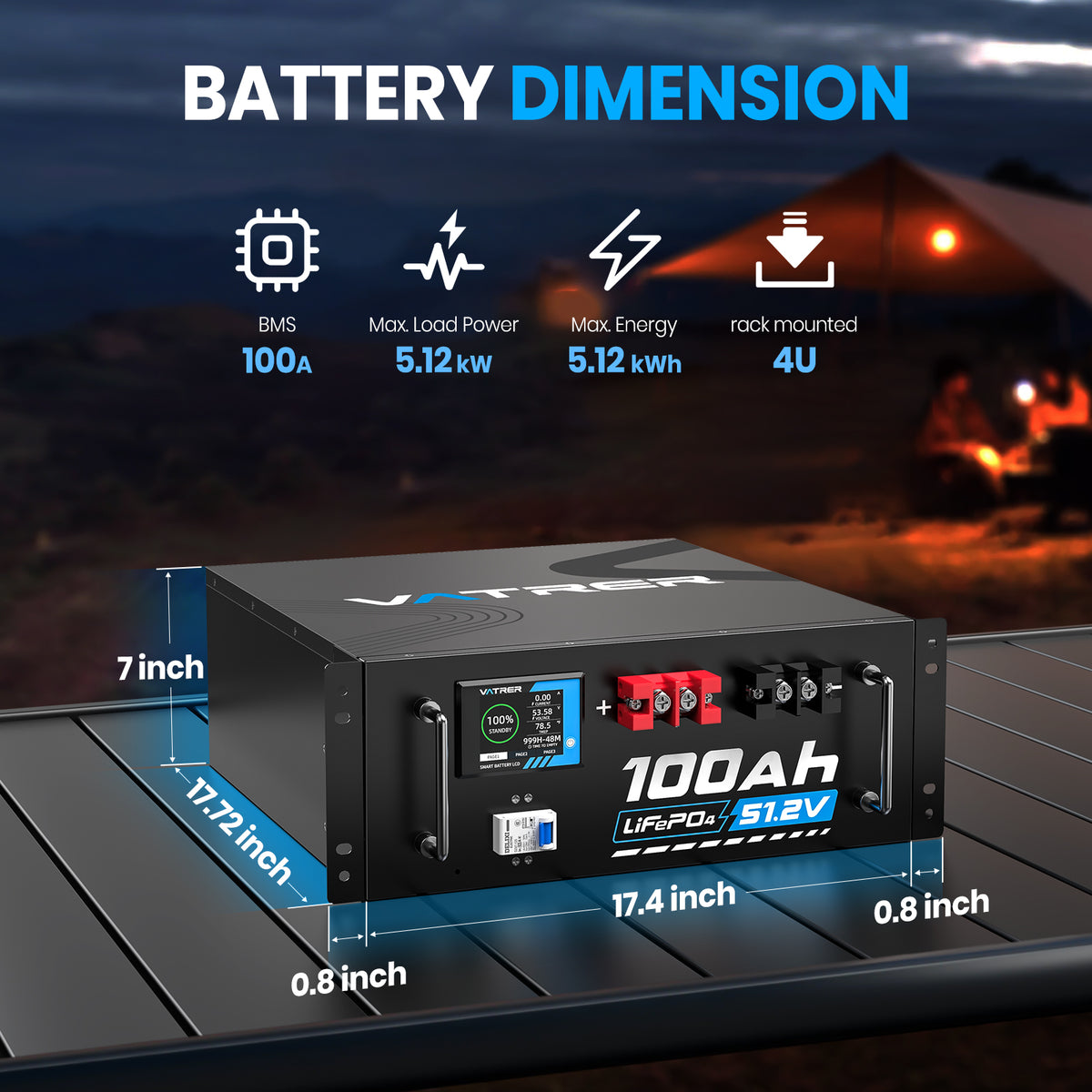
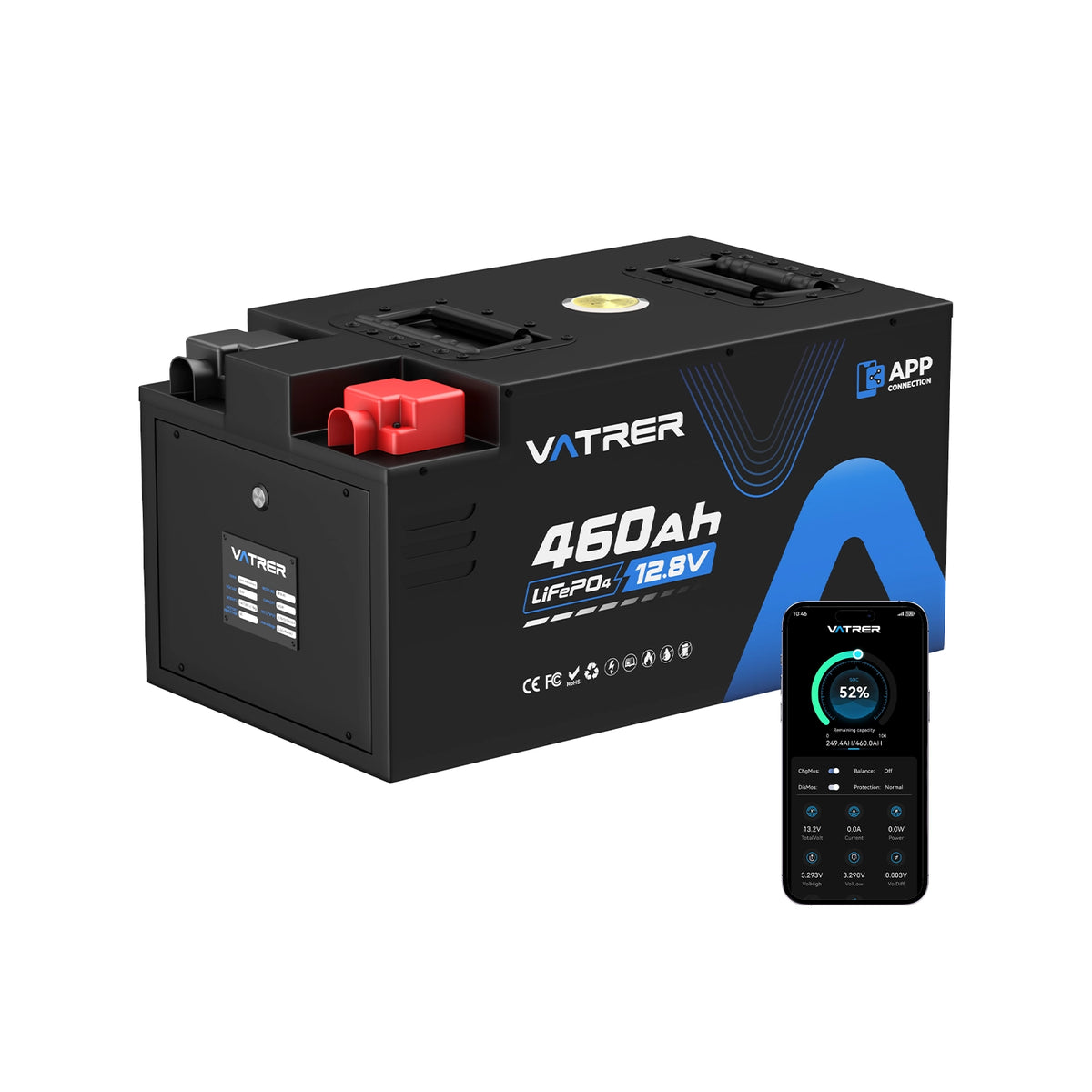
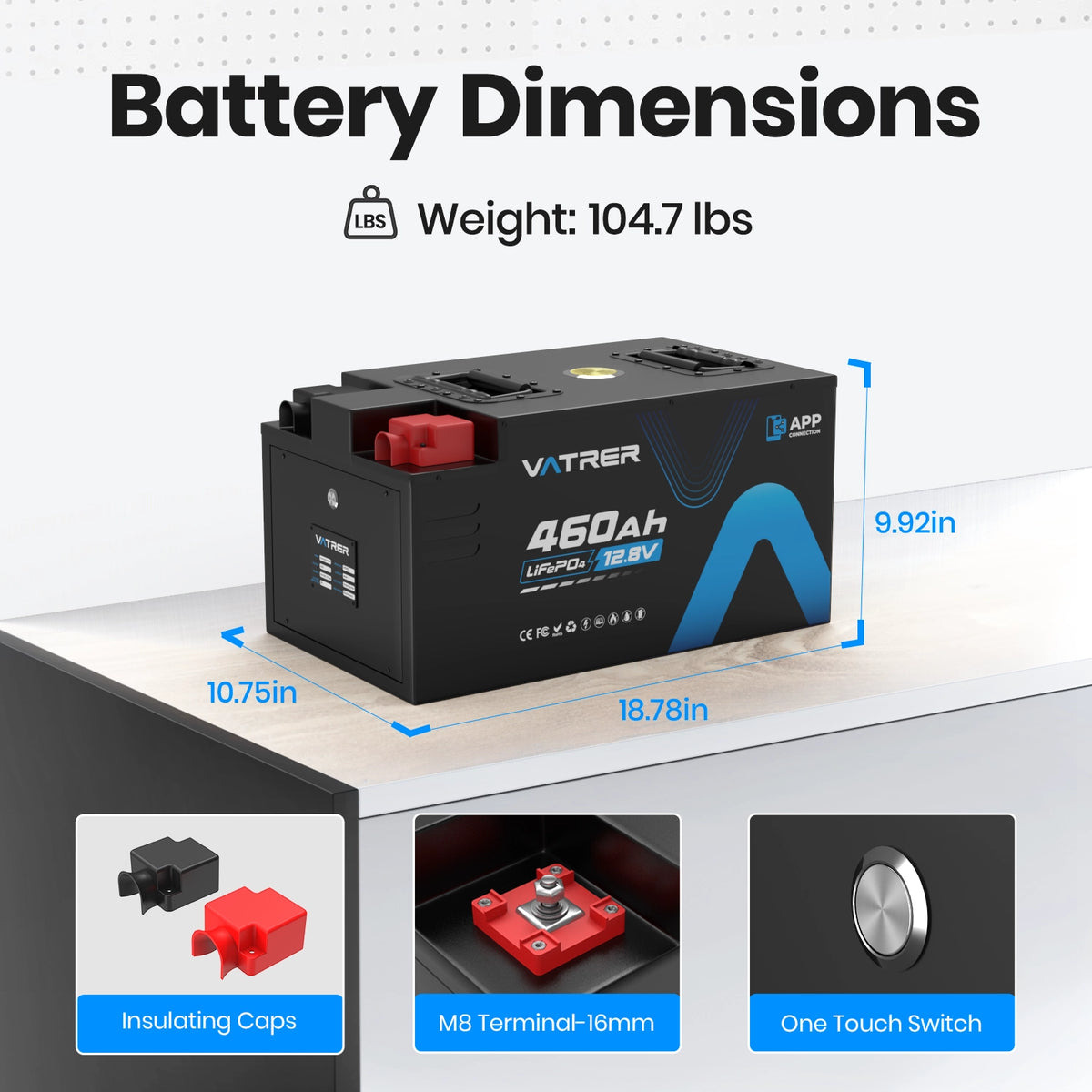
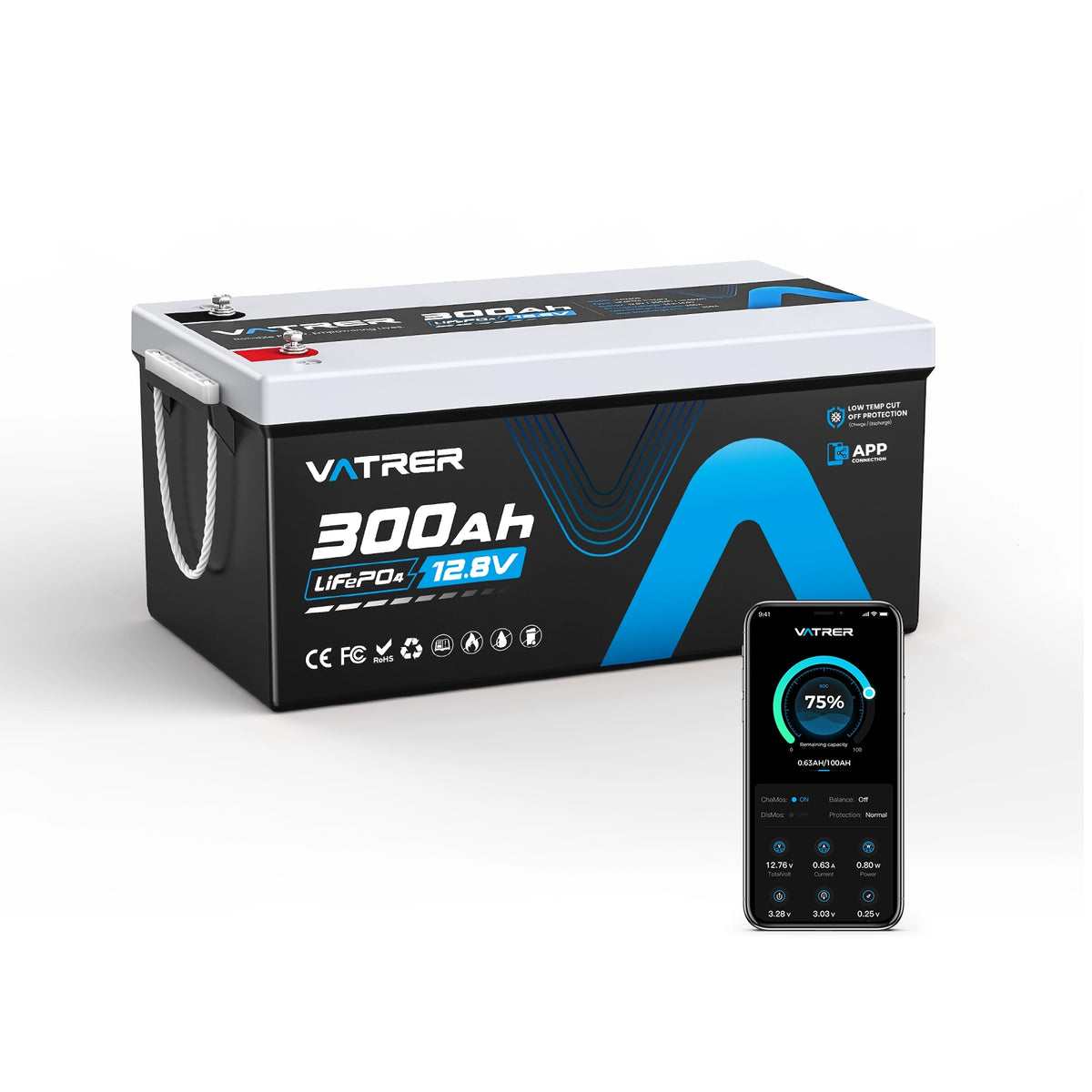
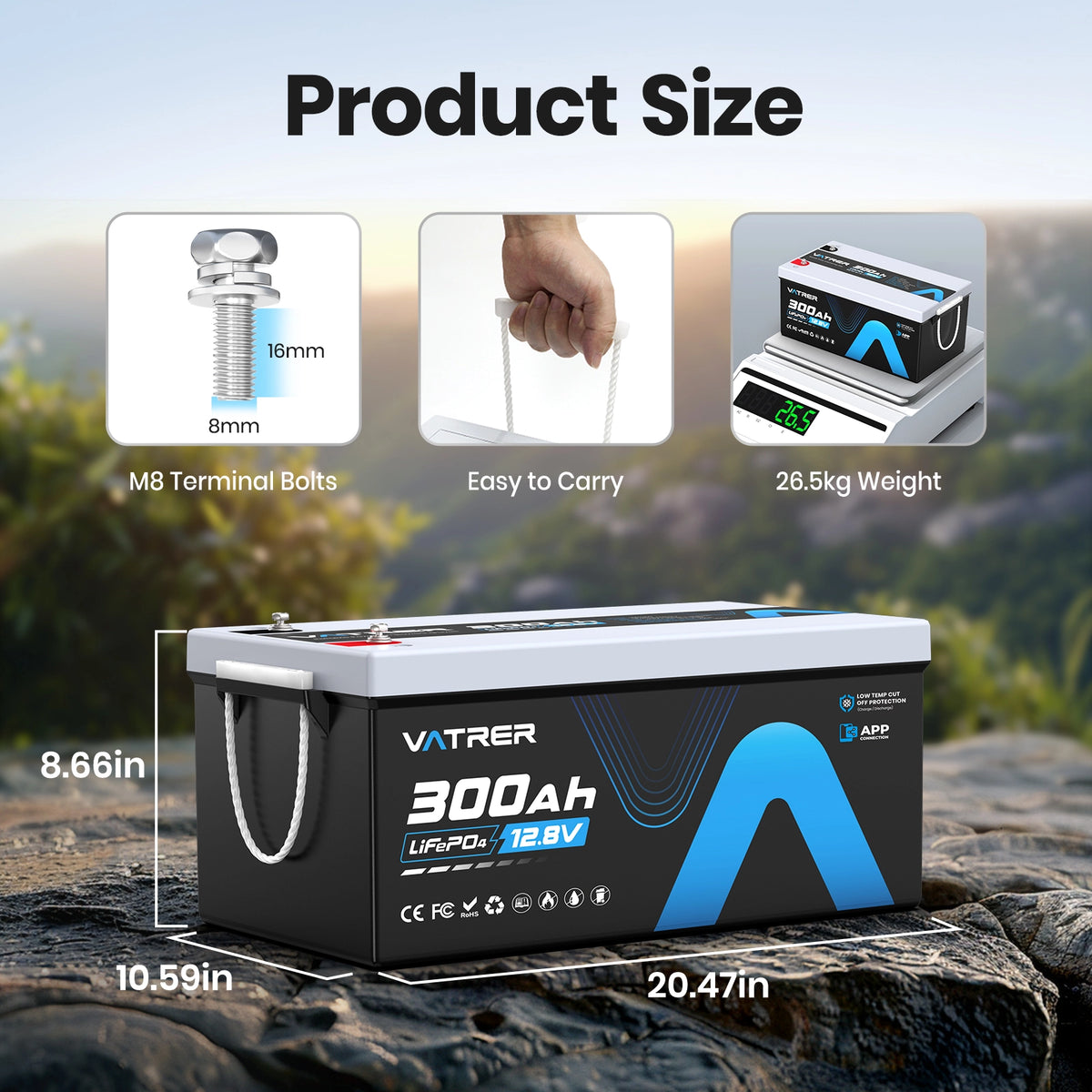
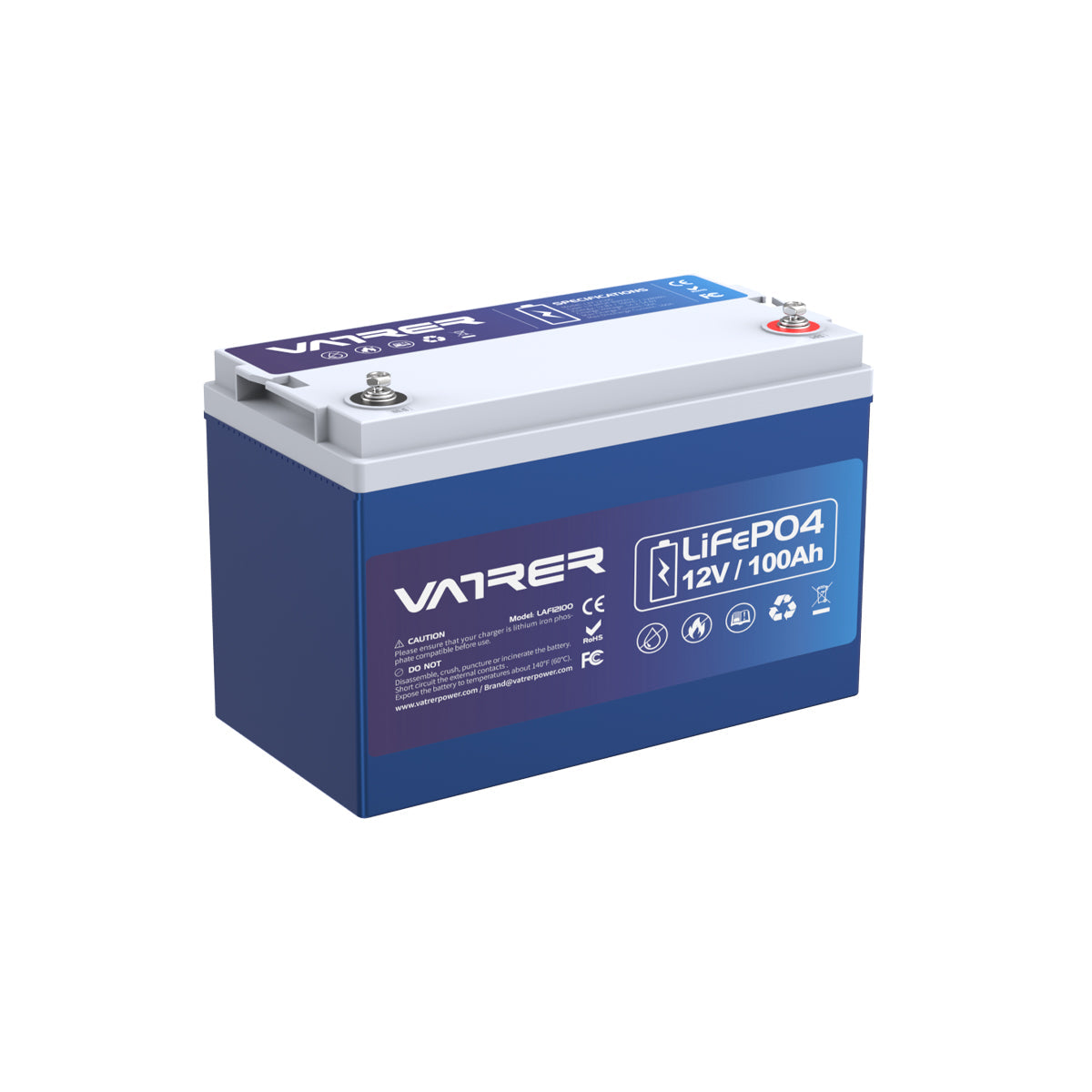
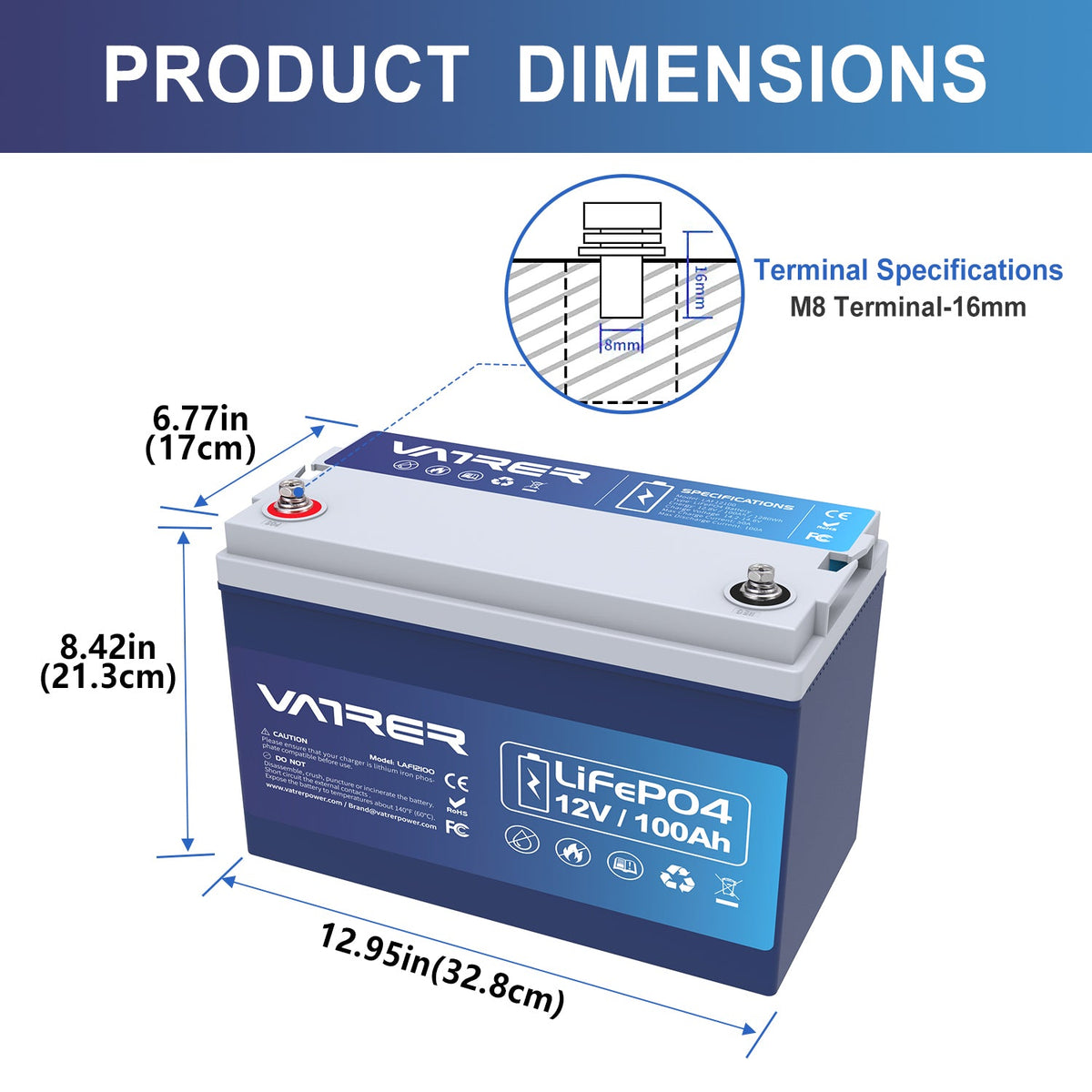
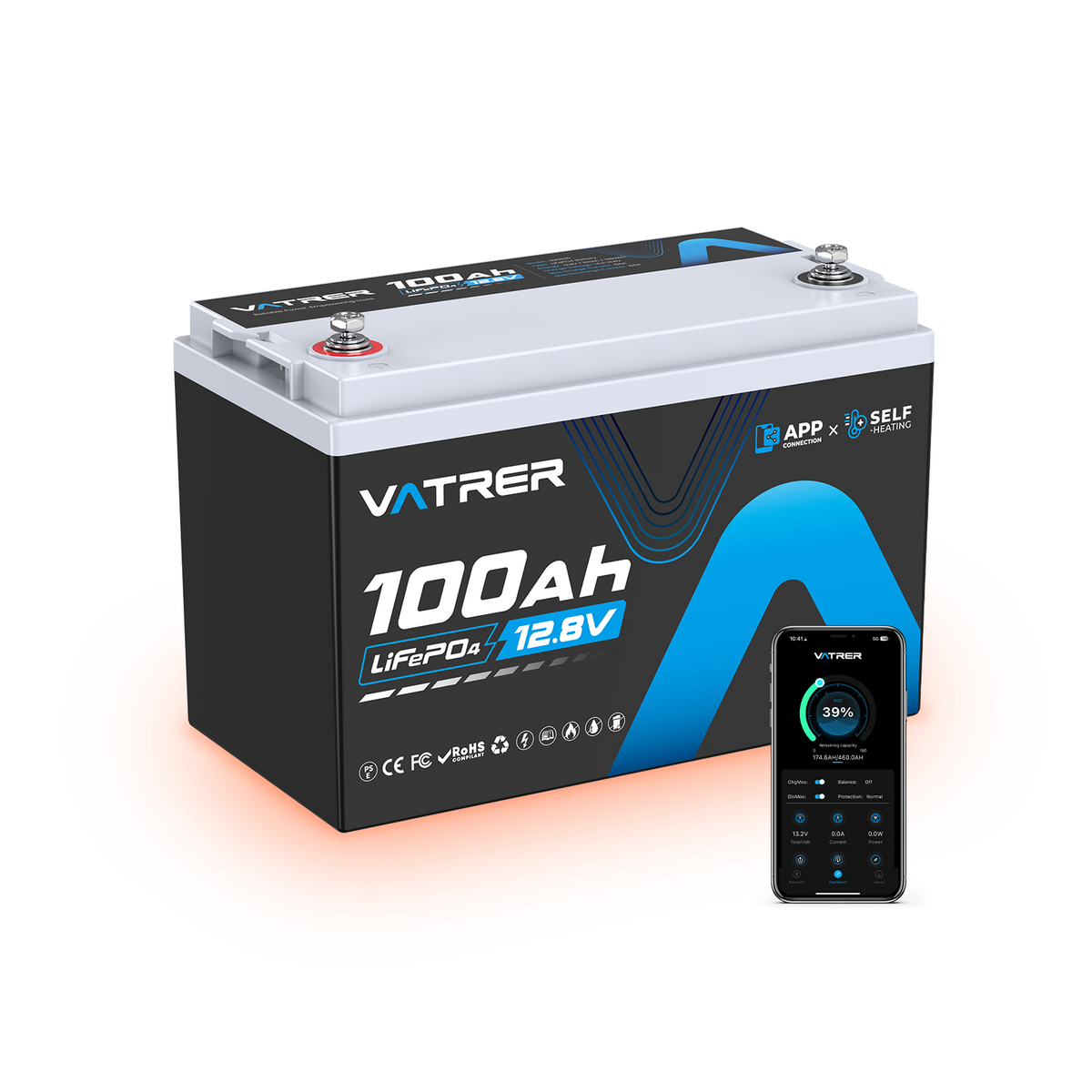
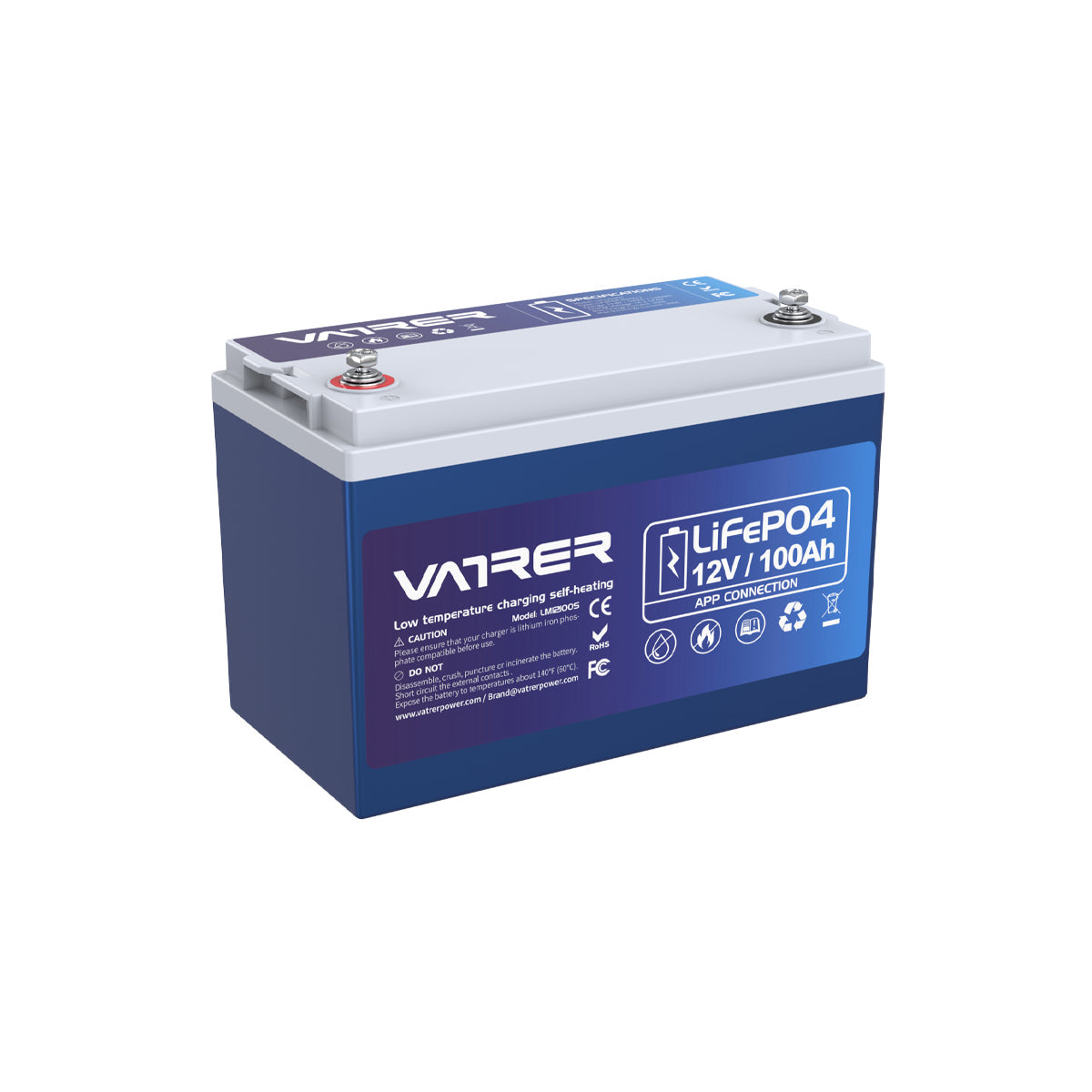
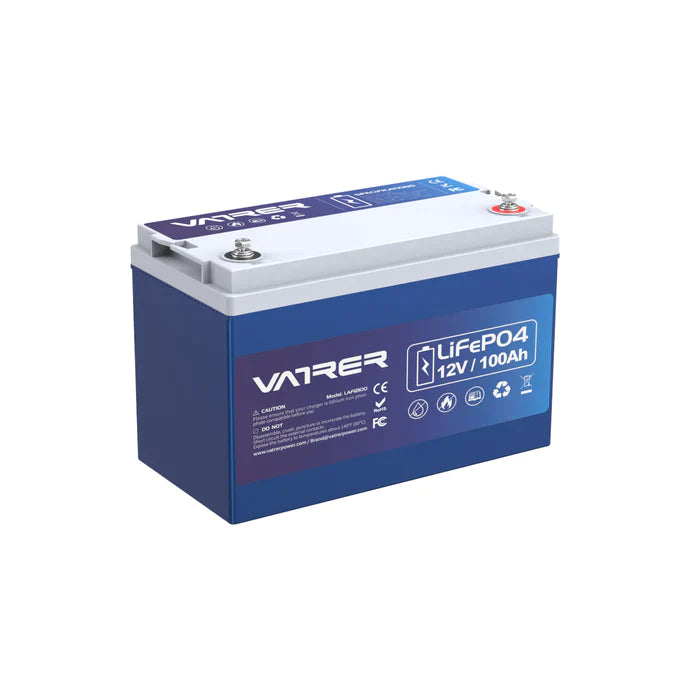
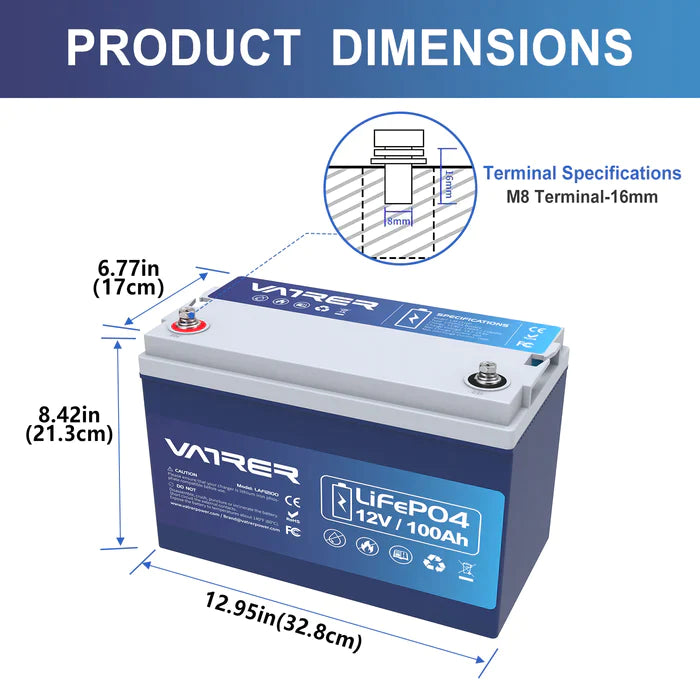
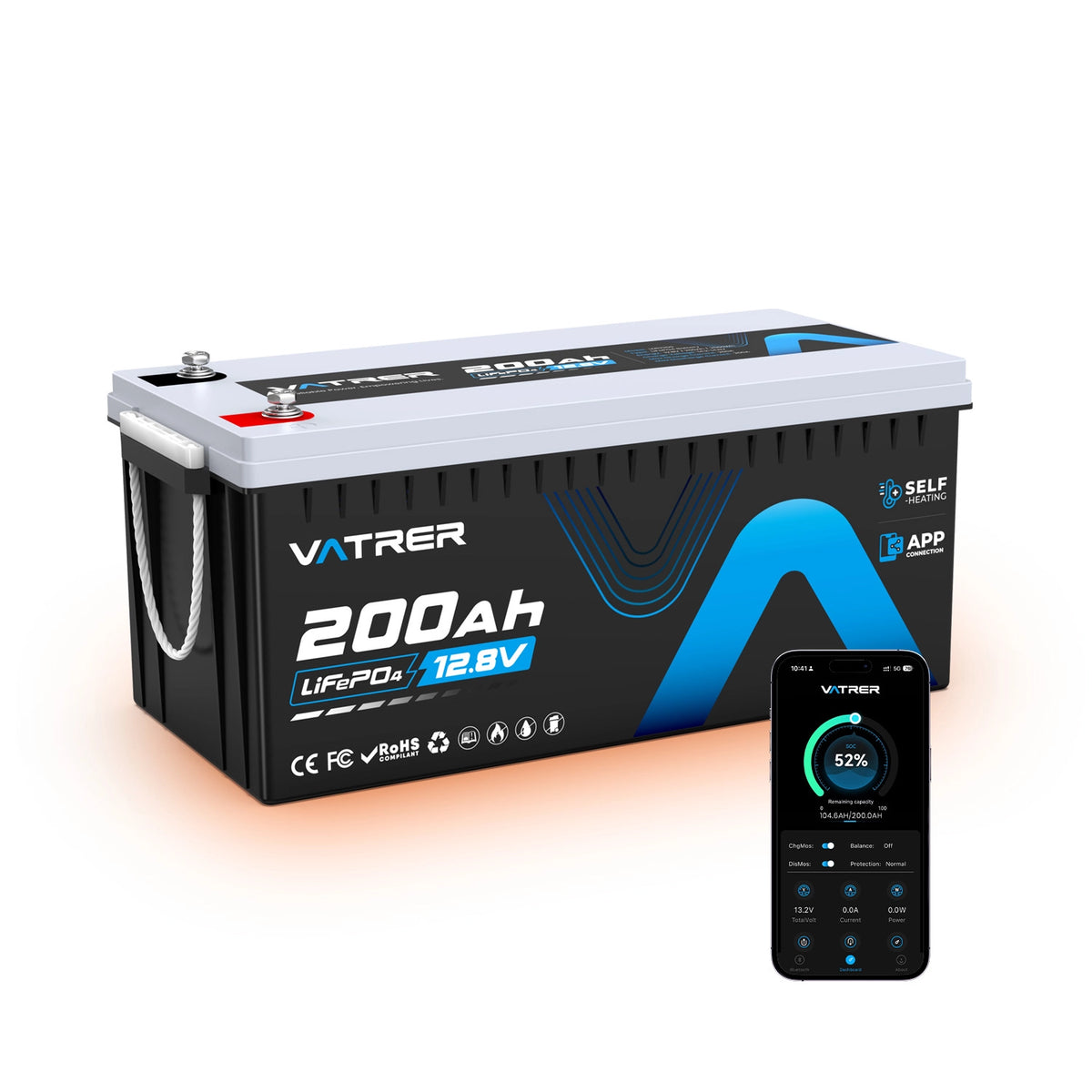
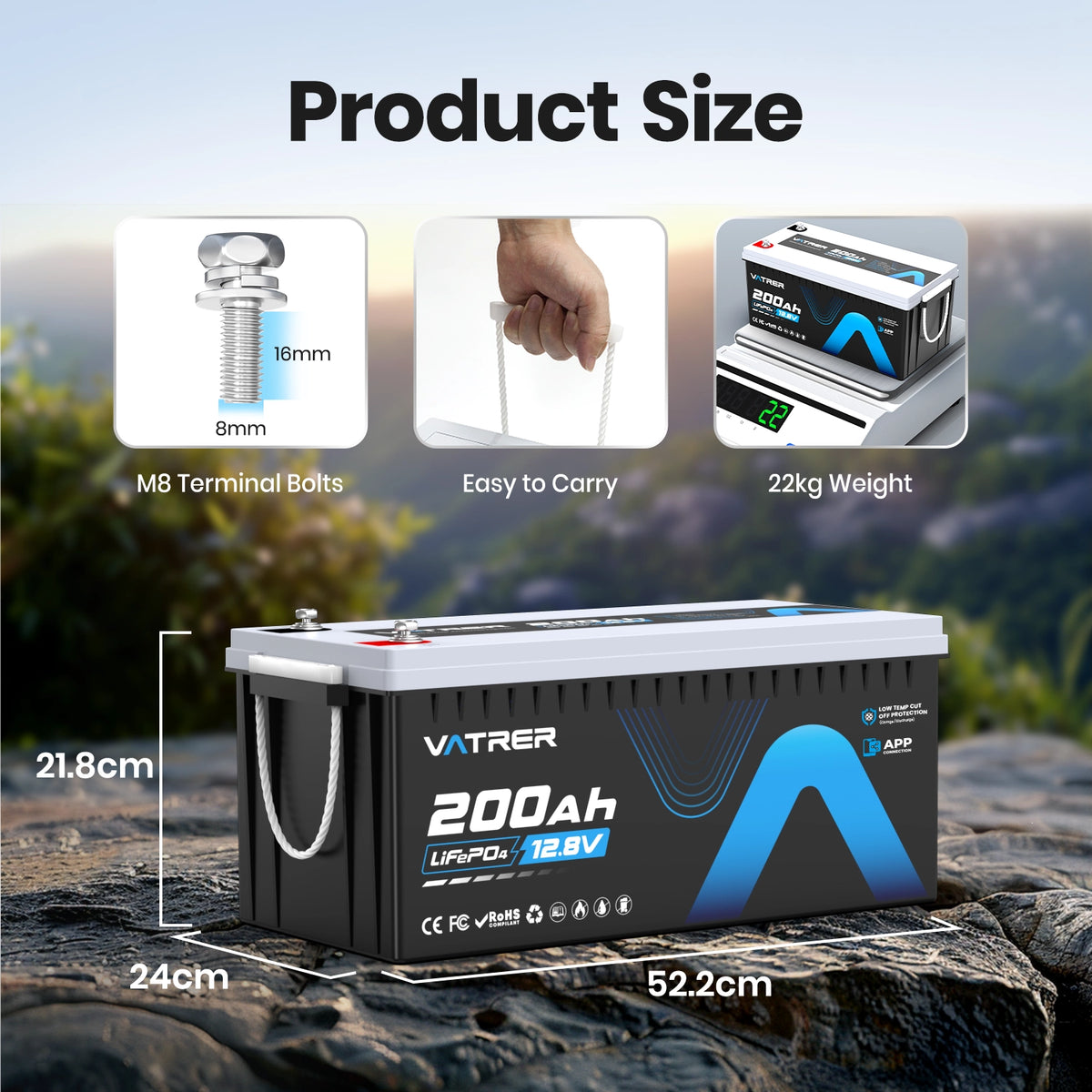
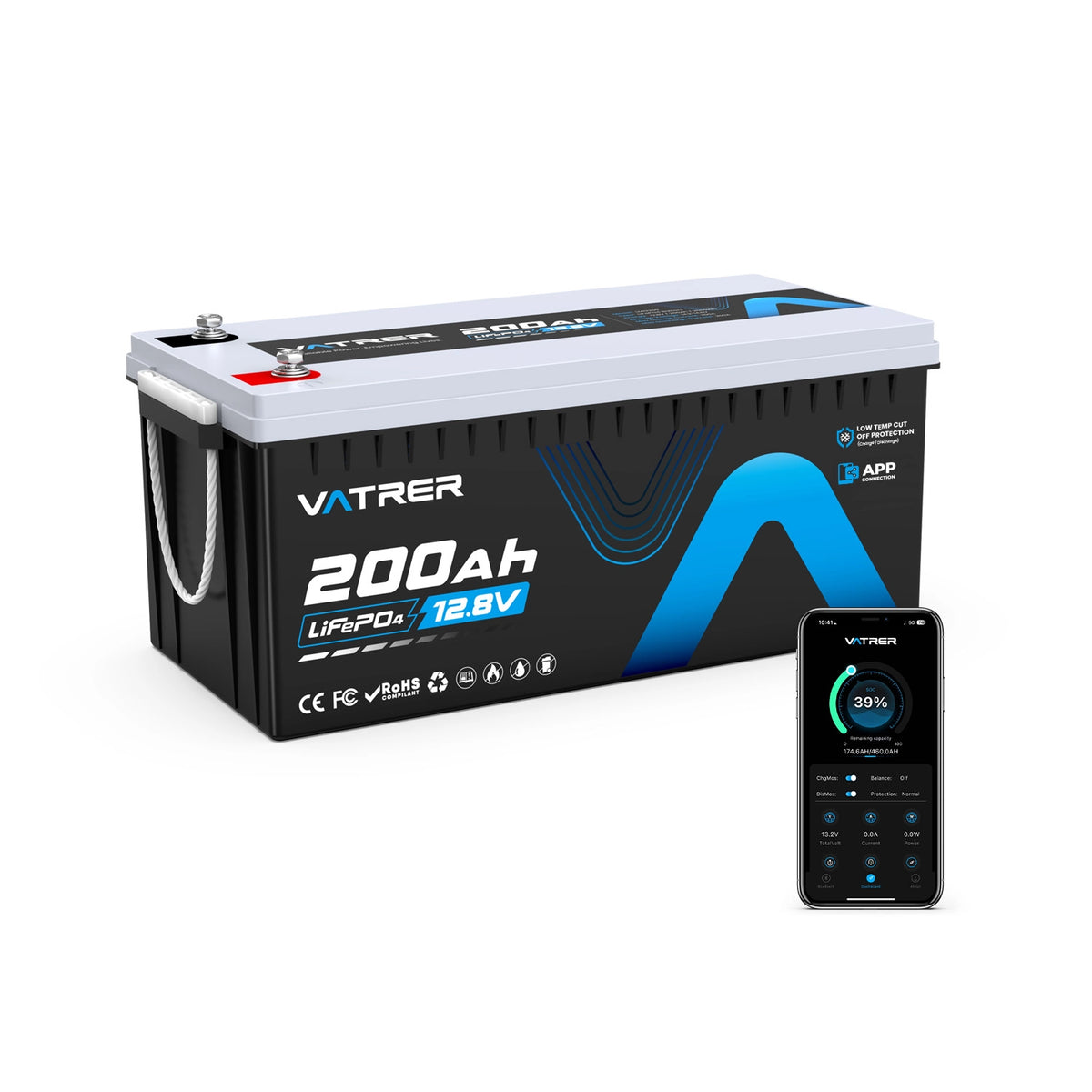
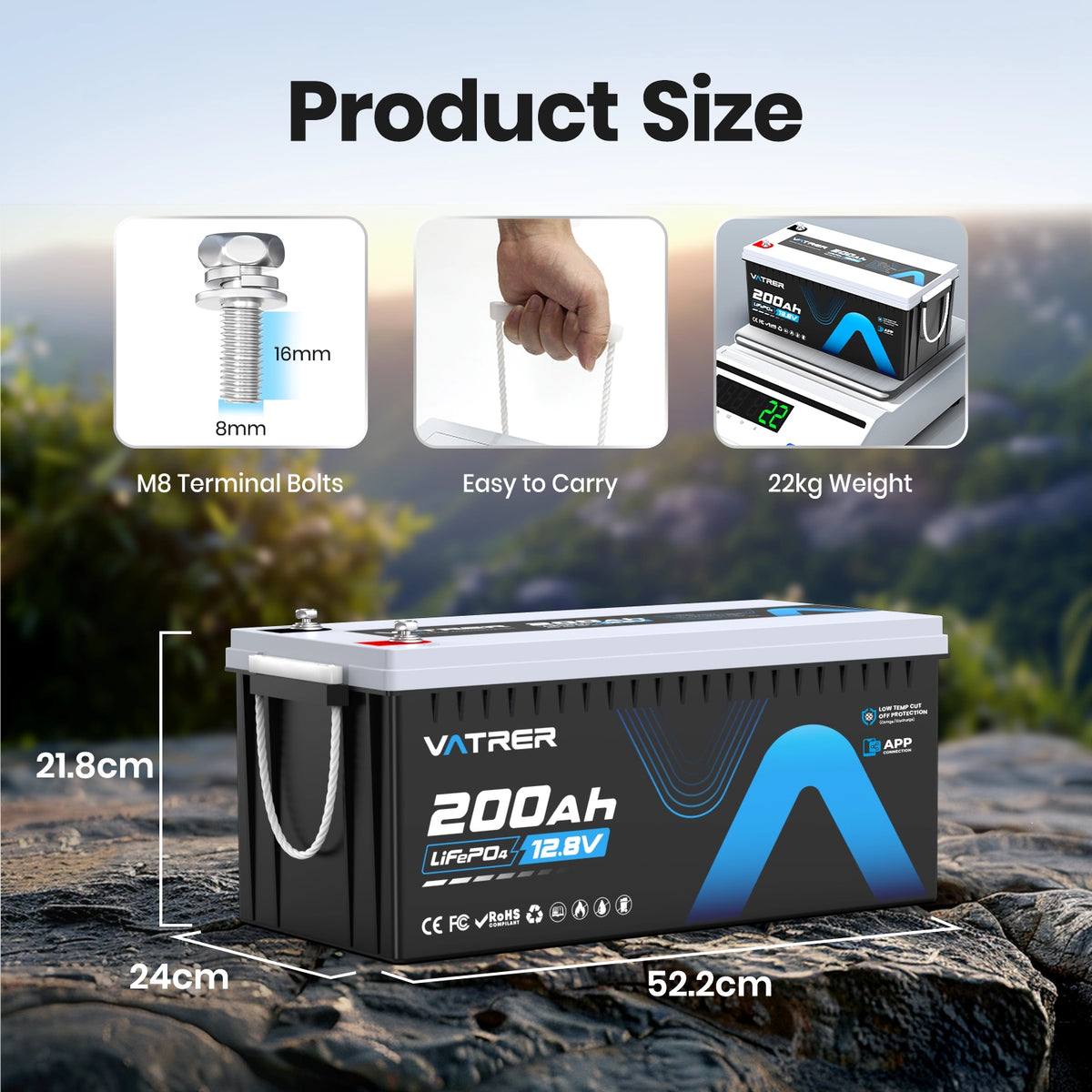
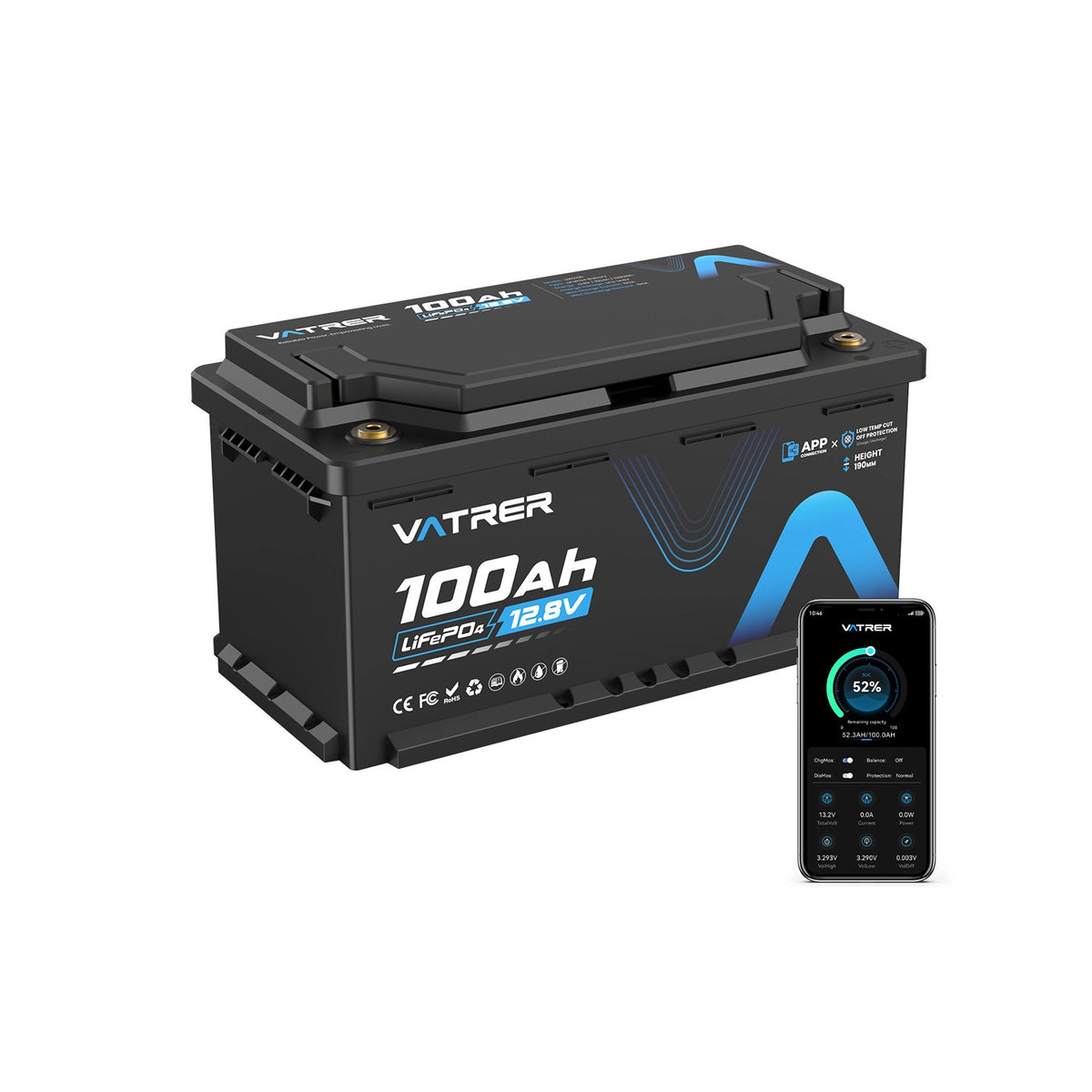
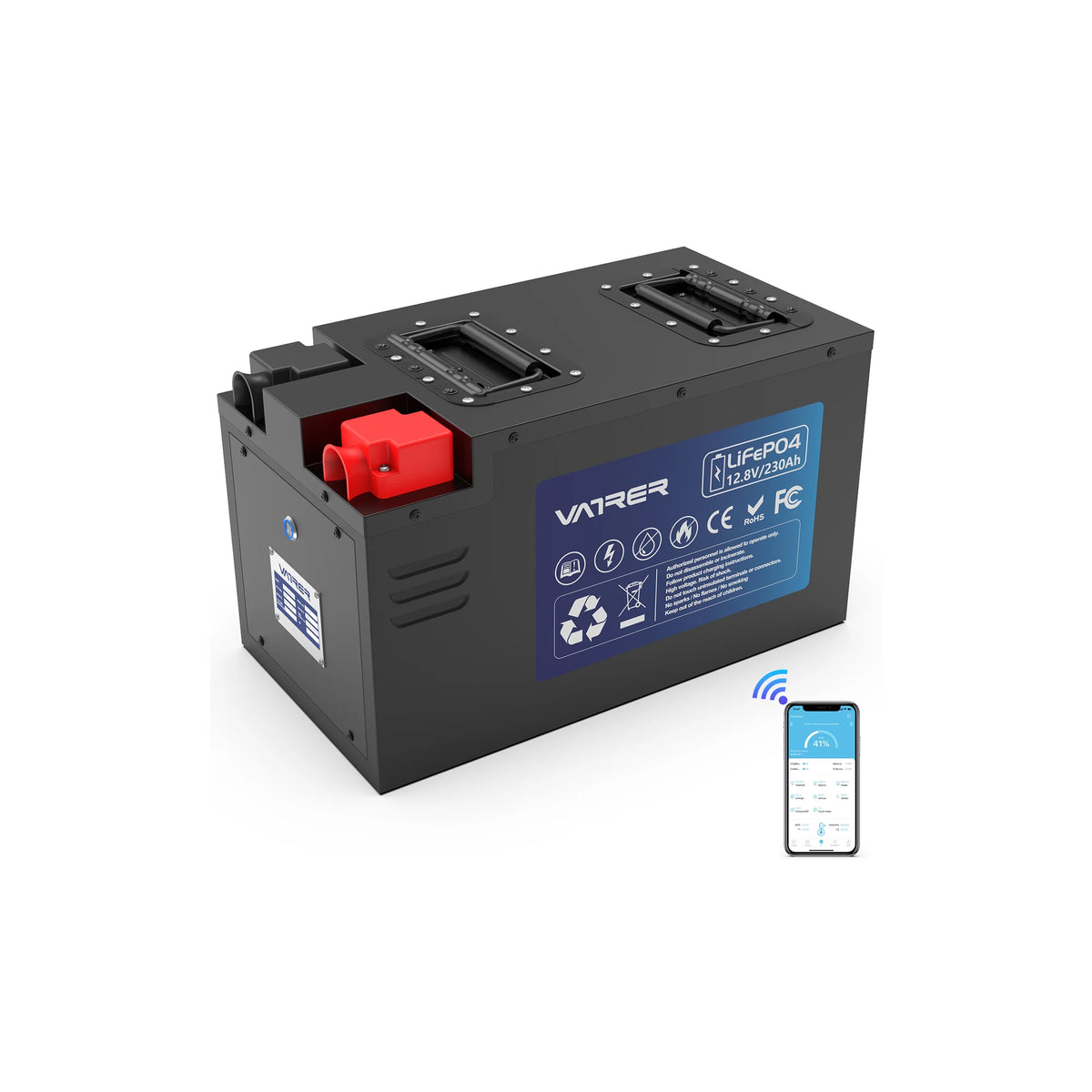
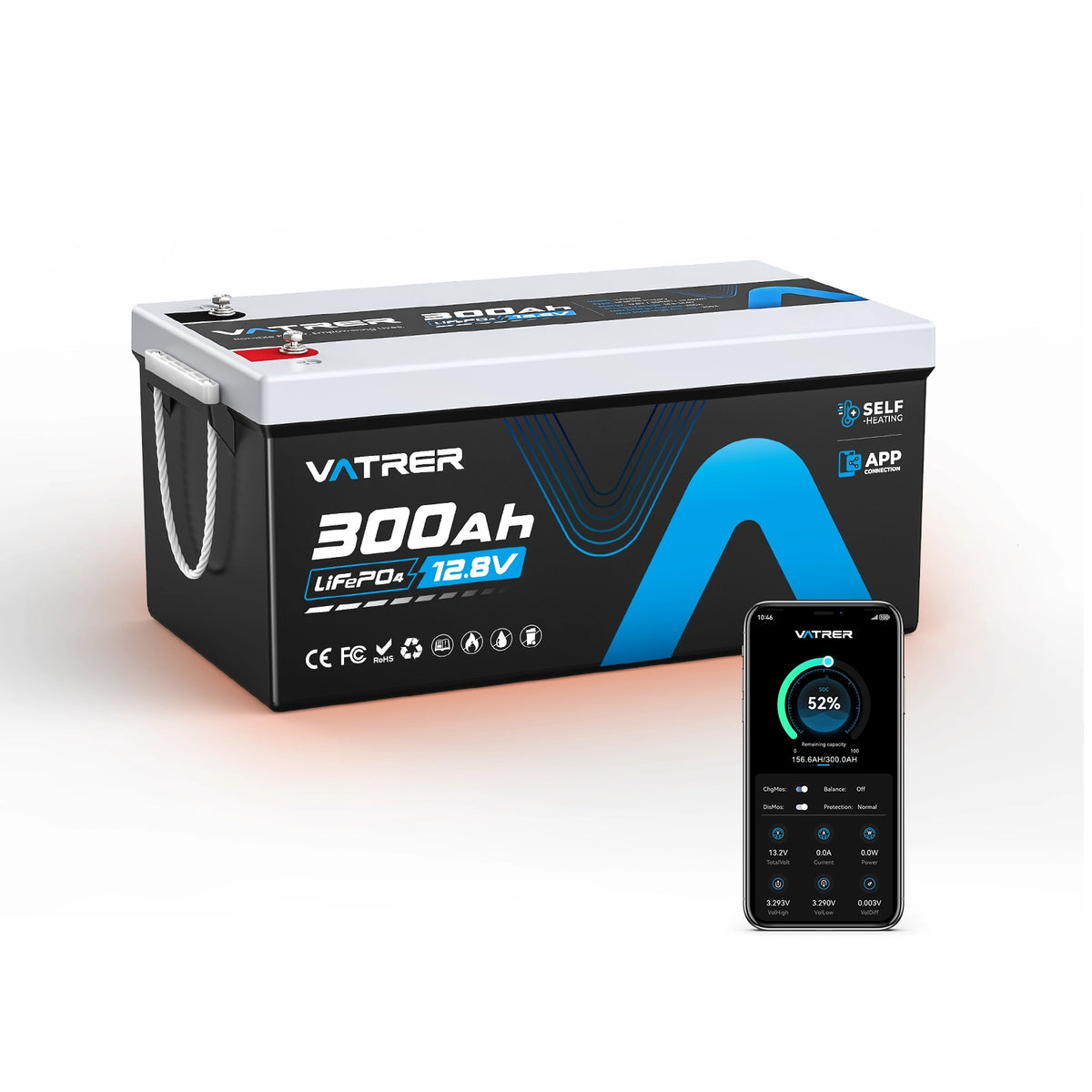
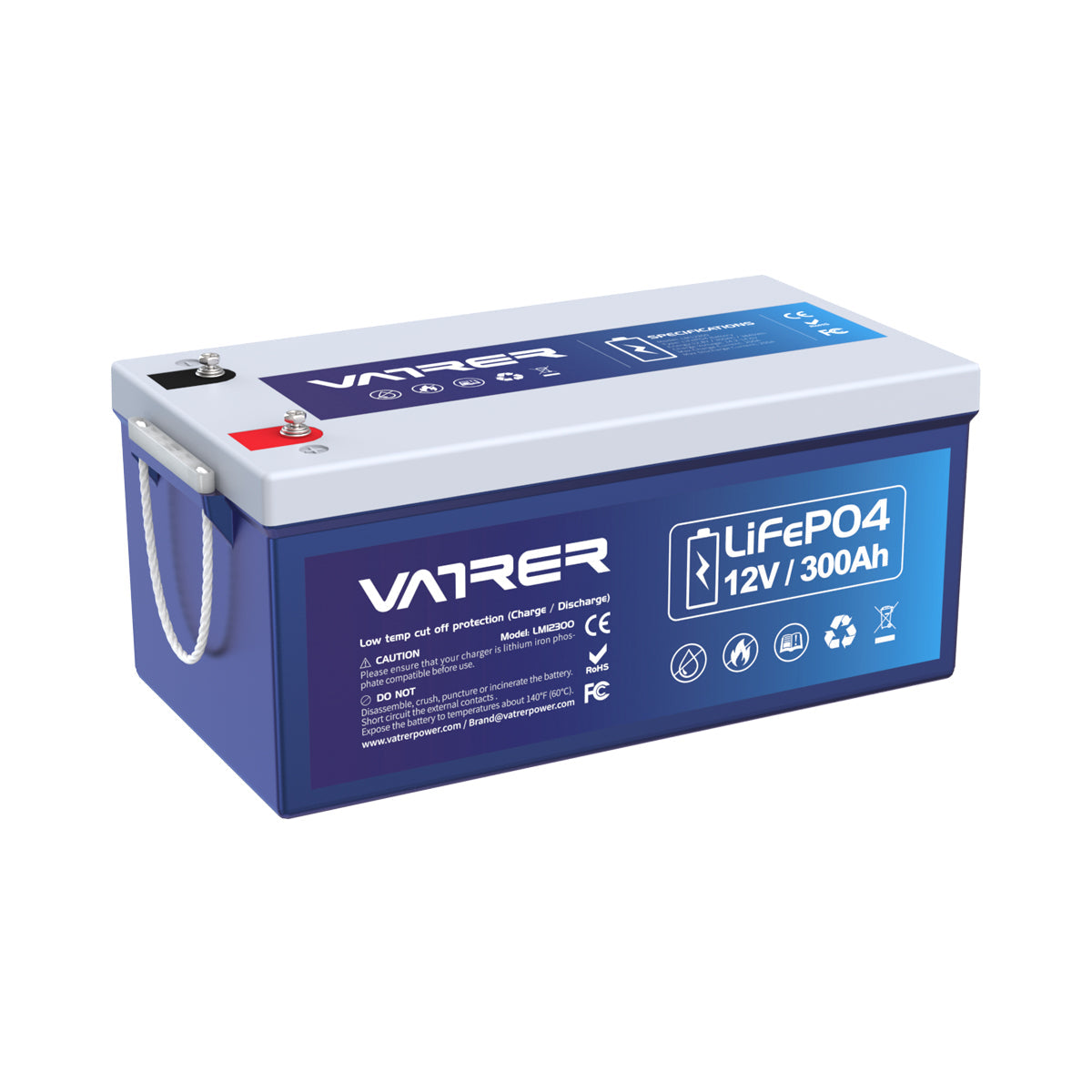
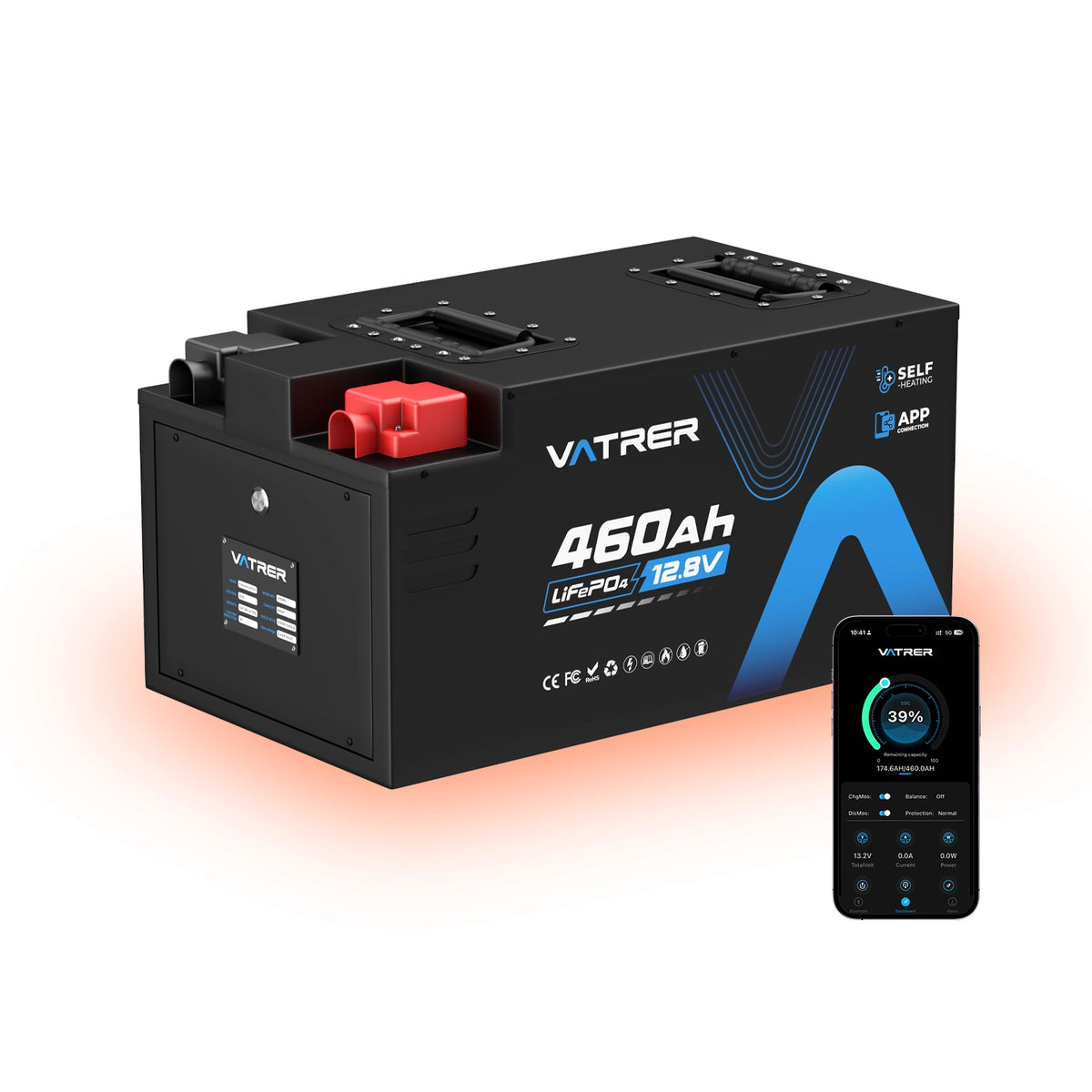

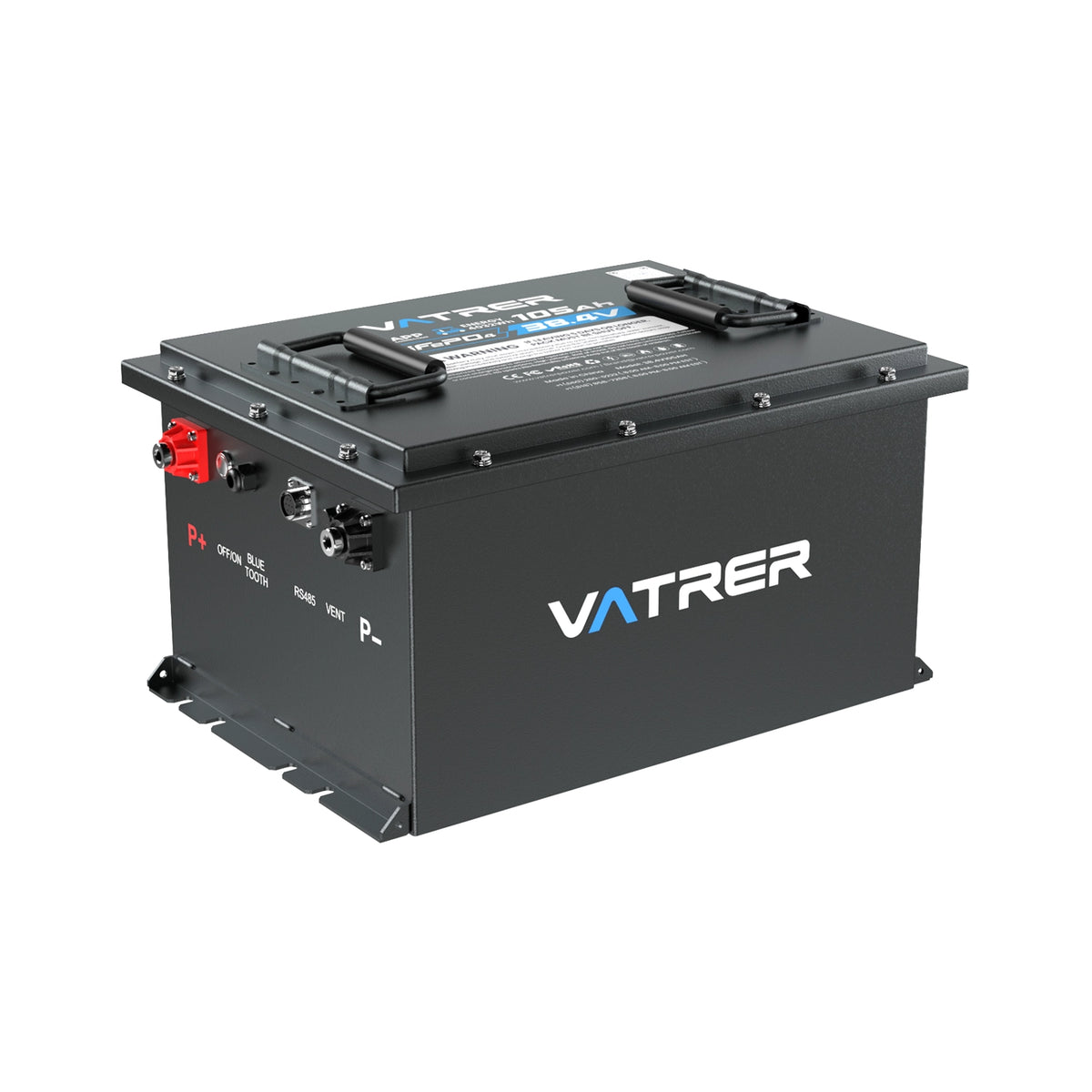

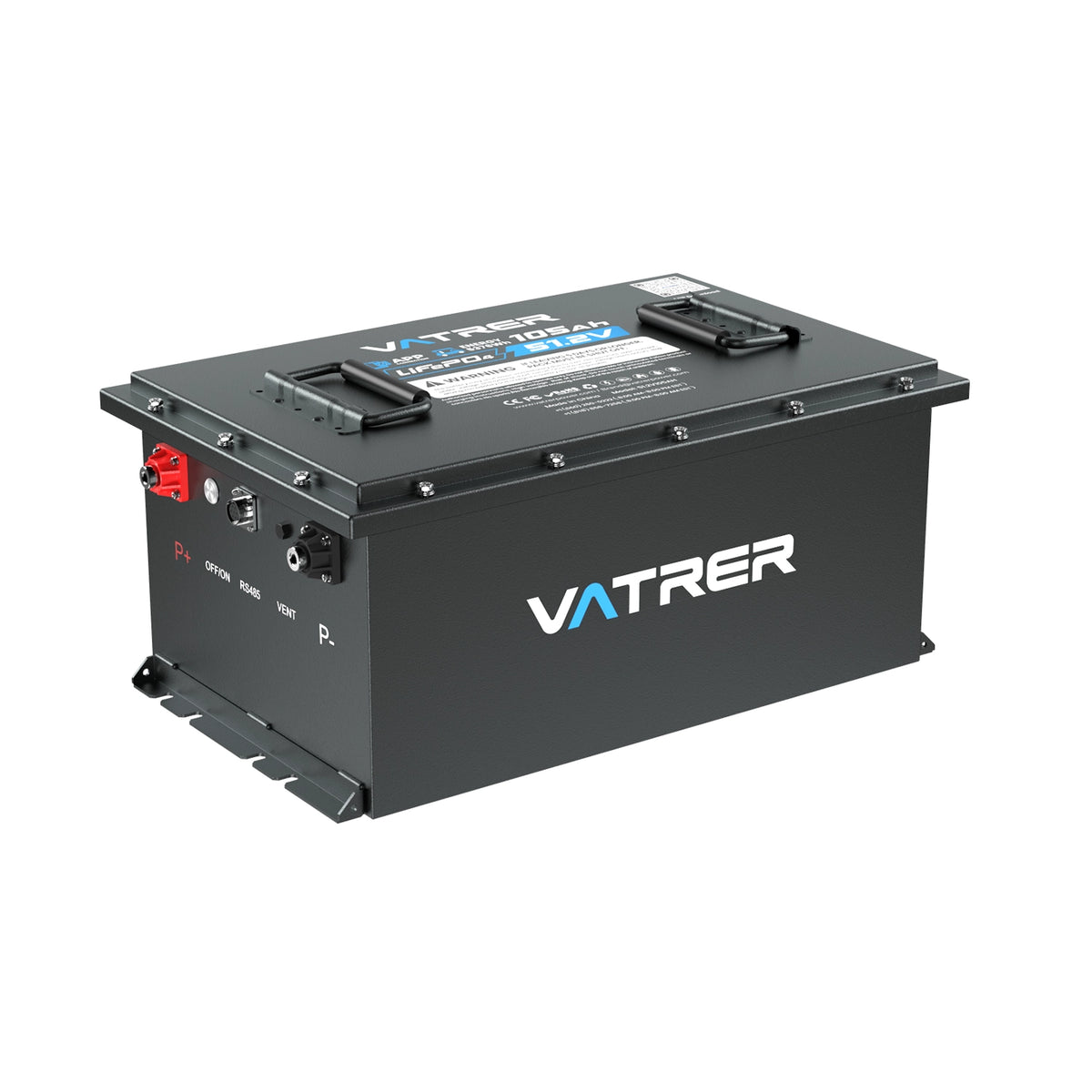


1 comment
Jan
What battery configuration will give the furthest distance travel in a golf cart : 4 × 12V 100ah batteries or 1 × 48V 100ah battery ?
What battery configuration will give the furthest distance travel in a golf cart : 4 × 12V 100ah batteries or 1 × 48V 100ah battery ?